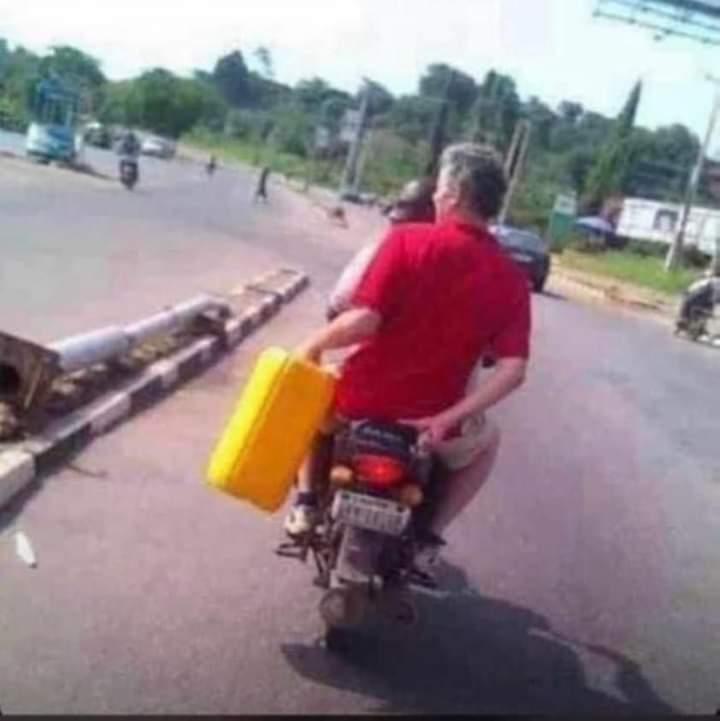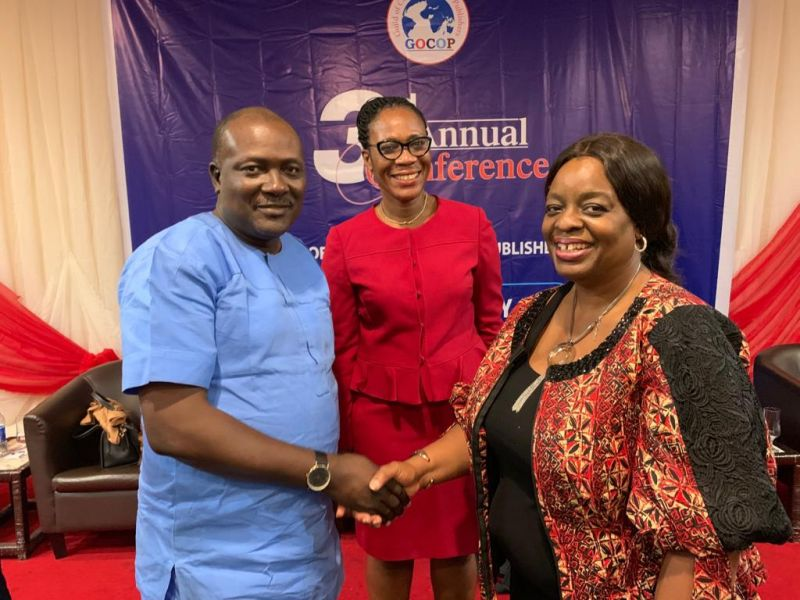… Amnesty International aligns with community, says work yet to start
Contrary to a recent claim by the Minister of Environment, Ibrahim Usman Jibrin, that the Federal Government has not dumped the cleanup of polluted Ogoniland and work is seriously in progress, indigenes and Amnesty International have voided the position, saying work is yet to start.
Otherwise, Environmental Rights Action (ERA), Amnesty International, and Friends of the Earth Europe have called for the immediate clean-up of Ogoniland as it was stated by a United Nations Environment Programme (UNEP).
The groups in unison weekend, said “One year on from when the implementation of UNEPs report on Ogoniland was officially supposed to begin; the communities of the Niger Delta are still waiting for clean-up to start”.
But six years after publication of the UNEP Environmental Assessment of Ogoniland very little has happened to improve the situation: communities in Ogoniland are still waiting for clean-up and still waiting for the clean air, water, and land they need.
Business Hilights recalls that during a recent visit to an Abuja based media group, he said “Ogoniland clean up has been very successful”.
While recalling that this administration inherited the project, he noted that “This government inherited this upon coming into office in 2015. We had to look at what was on ground and it was discovered that there was a bill of about N6 billion incurred by way of salaries and wages alone. That problem is yet unresolved to date because we had to involve the Ministry of Labour and Employment for us to jointly look at the viability of this debt. We will soon have the report on that”.
“We also looked at the gazette itself; there were many areas of friction and we had to do a wild consultation with all the stakeholders, the pressure groups, civil society organisations, state and local governments among others, along with the Ministry of Petroleum.
“At the end, the files were handed over to the Ministry of environment where it originally ought to be. And after taking over, we consulted further and did a launch in August at which the president was represented by the vice president.
“Thereafter, we got the president to approve the list of the governing council and a Board of Trustees (BoT) was formed. After the HYPREB Gazette was approved we did a vacancy advert and about 300 persons applied. We selected 30 of them. At the end, we were able to take one who incidentally turned out to be an Ogoni man. So, we had no friction getting the governing council to approve his appointment. He resumed office in March this year. We have started deploying staff to the HYPREB office, and we are holding meetings with the council as well as the BoT.
“So a lot of activities have been going on with regards to the Ogoni cleanup. As I speak, there are some people on site in the area doing demonstration. The Idea is to know the type of technology that could be used to do the work effectively. Don’t forget that the pollution in Ogoni is alarming. The creek waters are seriously polluted; the mangroves are destroyed along with the marines lives that inhabit them. Bore holes cannot yield good water and so on and so forth. All these have serious consequences.
Jibrin revealed further that “The initial plan was a five-year project. For the multinational companies, we are applying the pollute-paying method in line with international practice”.
“Those who pollute the environment must be made to pay for the cleanup. It is an established fact that the pollution there took place as a result of mechanical failure and based on that, the UN Environmental Programme decided to recommend an initial amount of $1bn to be spread across the period five years, which is at about $200 million a year, to be funded by the oil companies including NNPC.
“We picked 12 locations, three from each of the local governments in Ogoni where demonstration, like I said, is being carried out now. We are almost done with that stage. At the same time, the project coordinating office is running a parallel base study because the report submitted in 2011 cannot be said to be currently adequately again.
“Following the outcome of these two exercises, we will be able to know what is to be done and the companies to be involved. It is going to be an international activity because it is highly technical. You need to free the soil from the harmful hydrocarbons that are embedded in it and look at the creeks the same way.
“This is how far we have gone. We are done with the planning stage. Another aspect is the angle of livelihood for the people. We have a training programme in collaboration with UN trading organisation.
“We are looking at training 1,200 women of the area in different endeavours of their choice, including fishery, snail farming, oil palm production, hairdressing, among others. I am not unaware that people complain that we are too slow. But we are not in a hurry to fail. We hope that at the end of the day, it will be a success story.









